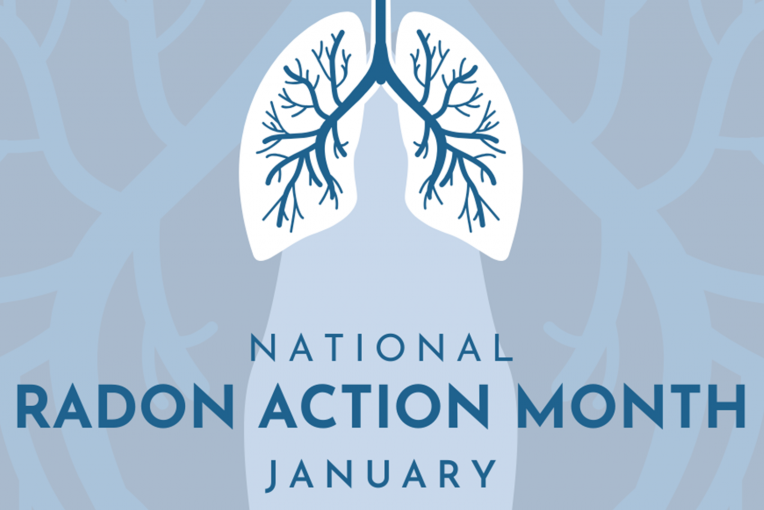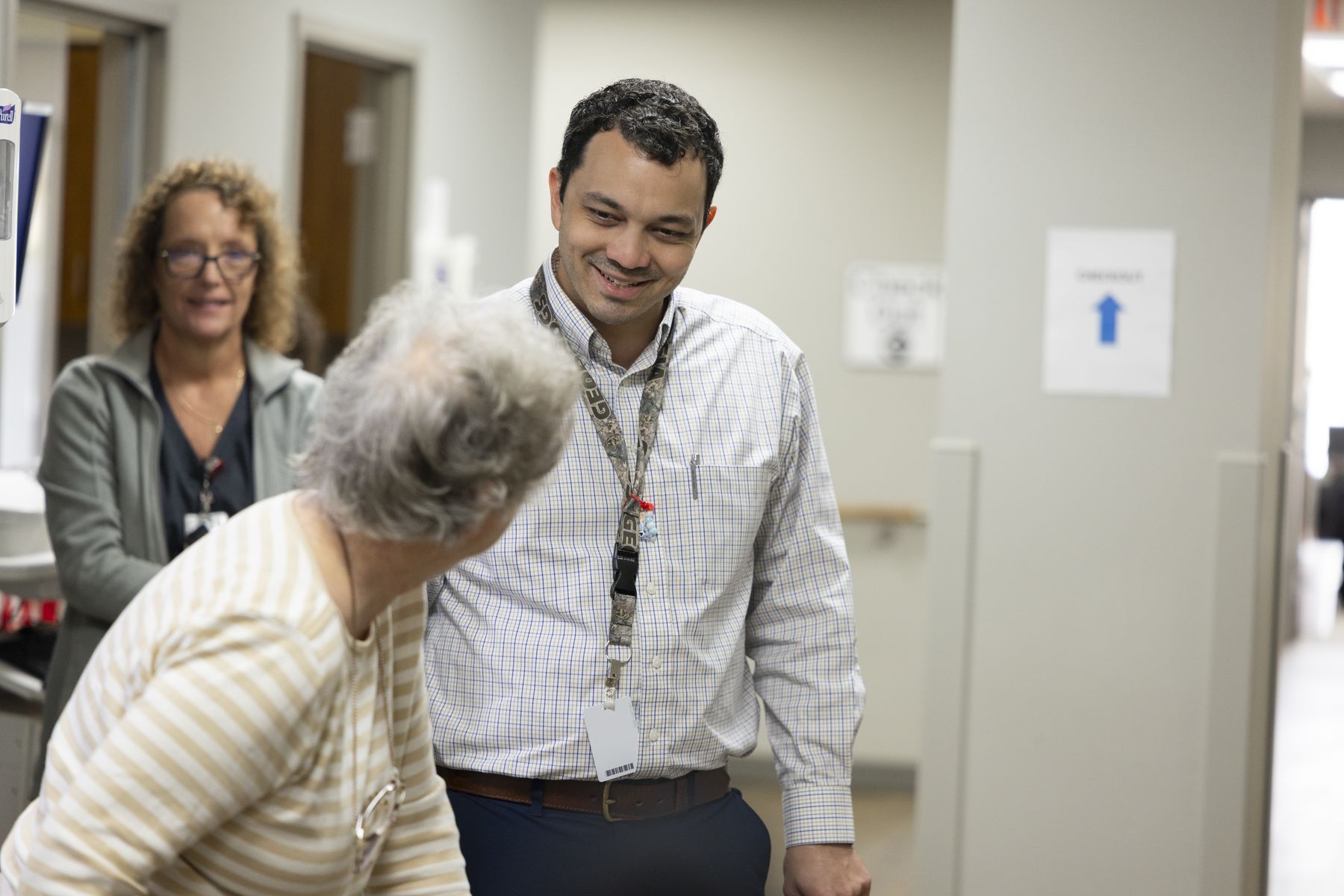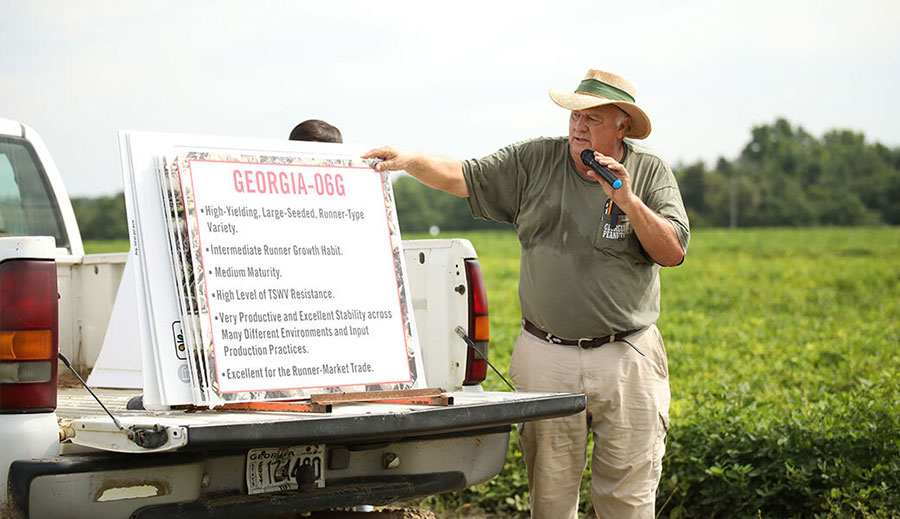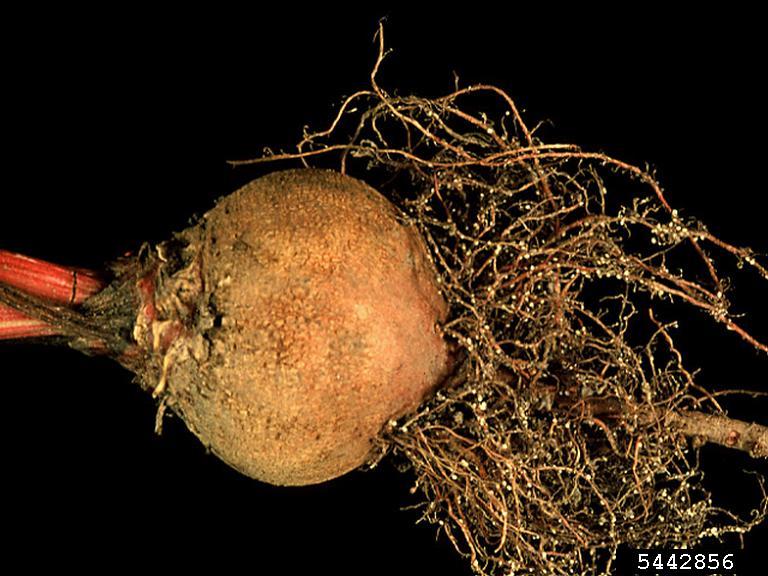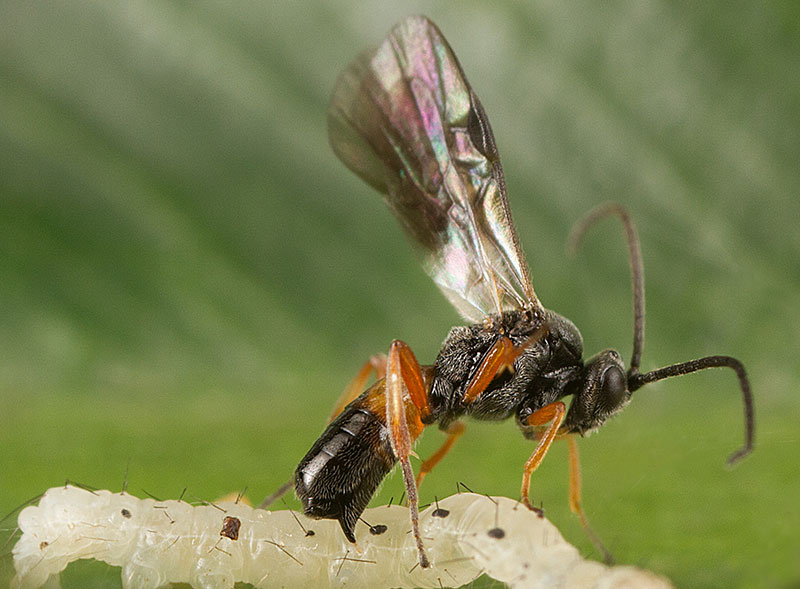 CAES News
CAES News
CAES researchers study how parasitic wasps use ancient viruses to ensure survival
Supported by a $1.1 million award from the National Science Foundation, University of Georgia entomologists Gaelen Burke and Michael Strand are seeking answers about how parasitic wasp biology has developed to use viruses passed down from parent to offspring to ensure survival. Scientists have been able to trace the relationship between the wasps and their viruses back 100 million years. Today about 55,000 types of wasps carry these types of inherited viruses.

